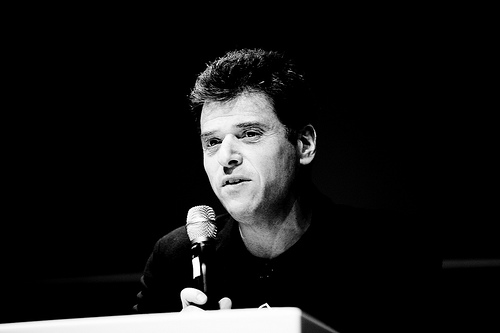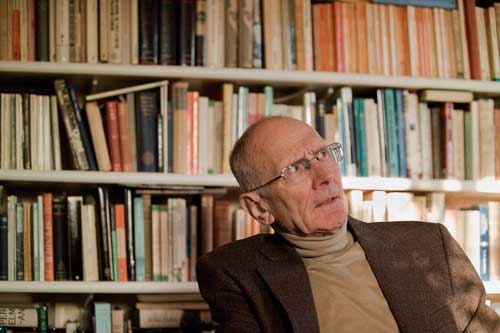Andrew Keen’s thoughtful “state of the internet” address divided plenty of opinion when it was published in hardback at the start of 2015 – and much of the disagreement came from one striking juxtaposition. The famous web 2.0 sceptic noted that while photography company Kodak filed for bankruptcy protection in 2012, shedding 47,000 jobs and turning once thriving places such as Rochester, NY, into ghost towns, the photosharing app Instagram – with just 13 full-time employees and no discernible revenue or indeed business plan – was sold to Facebook for a staggering $1bn.
The kneejerk response was – and still is – “well, that’s progress”. Tough on Kodak’s employees, but 150 million people uploading 55m photos can’t be wrong. This is how life works in the always-on second decade of the 21st century. Keen, then, must be a luddite.
Far from it. He has lived and loved the internet since the 1990s, founding start-ups and riding its highs and lows. Far from eschewing technological advances, he instead mourns what the internet has become, an engine for “massively meretricious wealth with minimal social responsibility”, and what that might mean for humanity in the future. Web pioneer Tim Berners-Lee’s belief in a democratising, single global information space is often parroted by young net evangelists. But Keen lucidly argues that by giving away all our data to Google, Facebook et al, all we actually do is enable them to become some of the biggest companies in the world and make their owners impossibly rich.
It’s a sobering and persuasive piece of polemic that asks us to consider why exactly we trust, in effect, our personal lives to these companies who have made billions from people jabbing at free apps on smartphones. Google and Amazon may have appeared to make negotiating 21st-century life easier. But it’s right to consider whether that has come at the price of our entire existence being under surveillance.
Since Keen wrote the hardback, he has added a chapter hoping that a new appetite within governments for some kind of regulation over these all-seeing companies might actually be gaining some traction. Impressively argued books such as this one might be helping in some small way, too. What’s piercingly clear is that Keen believes just throwing our hands up in the air while more and more jobs are lost to “progress” and the unwavering belief in so-called “creative destruction” could, unchecked, gravely undermine the way we live our lives.

